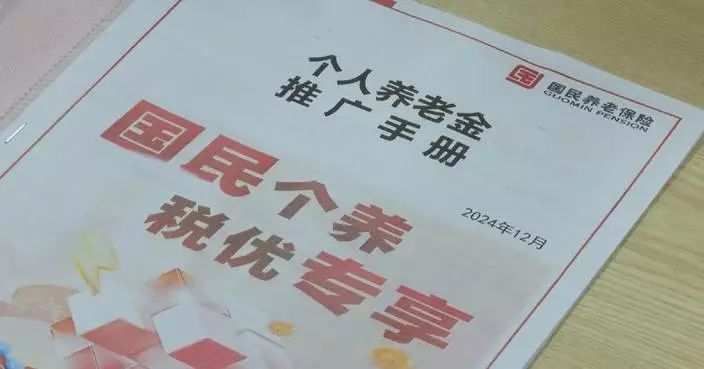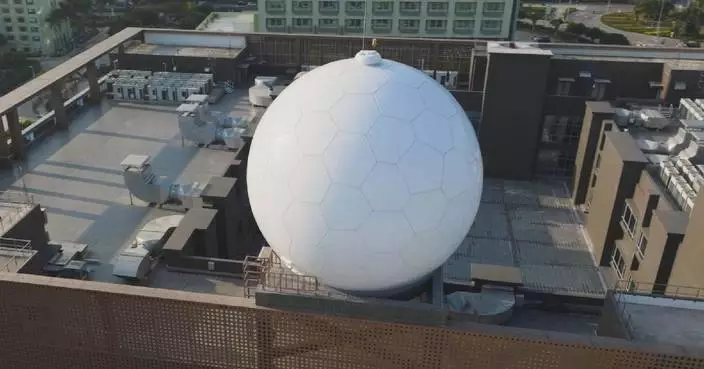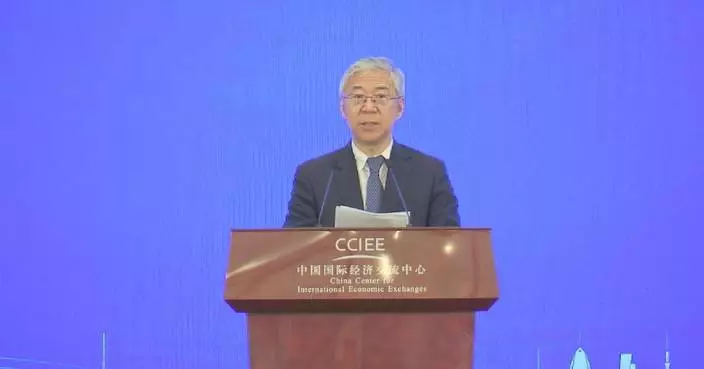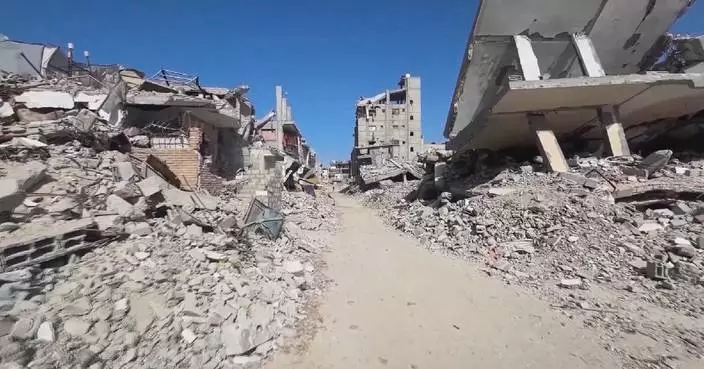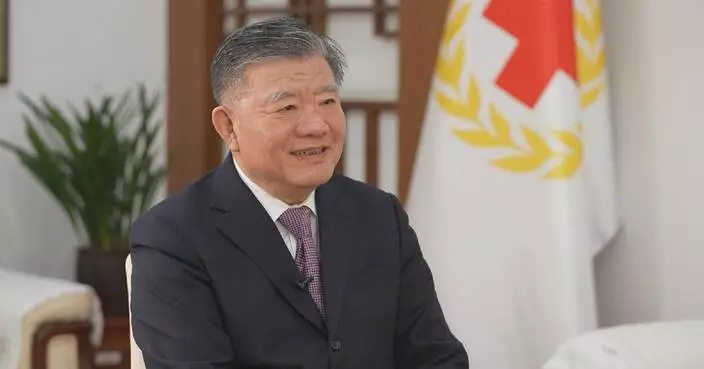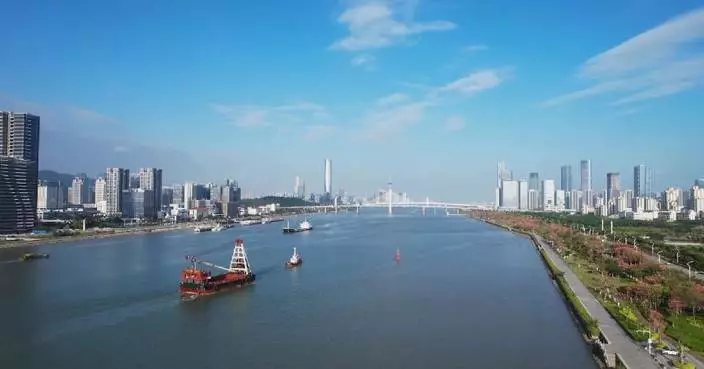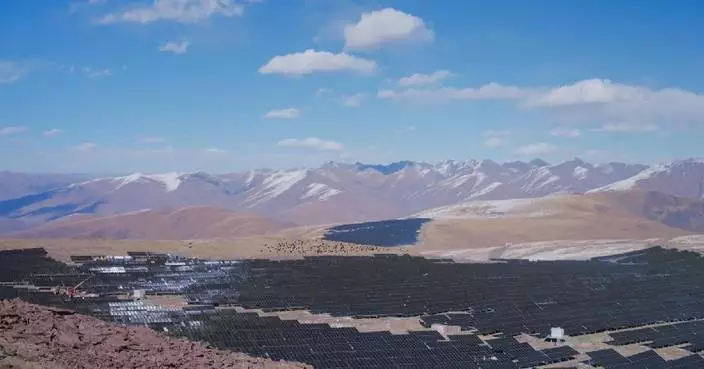China's Shenzhou-19 crew have been carrying out multiple tasks of scientific and technological research in an orderly manner over the past 47 days staying aboard the orbiting Tiangong space station.
During the research on the biological effects and molecular mechanisms of fruit flies under a weak magnetic field in space, crew members completed the transfer and collection of fruit flies with a soft glove cover.
They also carried out the replacement of the gas purification module and the transfer and storage of the fruit flies collection tube.
The experiment is expected to realize the first clear generation of fruit fly culture in the space station.
In the experiment of monitoring and guiding astronauts' heart rate and other data in different situations, crew members used activity recording devices to collect their own activity, heart rate and other data, and backed them up and send the data back to the ground. The crew have completed in-orbit upgrade and testing of the material information management system.
The system plays the role of a smart warehouse, recording the consumption and location changes of various materials in the space station in real time.
During the six-month mission in orbit, the crew will conduct hearing tests regularly to monitor their hearing health.
The crew have kept their weightlessness protection training since they arrived at the space station in late October, in a bid to ensure their physical health and in-orbit working ability during a long-term mission.
The Shenzhou-19 crew have also carried out inspection and maintenance work on the devices of the regenerative life support system, which can help recycle the consumable resources such as water in the space station to ensure a long-term stay of astronauts in orbit.
The crew also regularly clean the cabin environment and sort out devices and materials. The crew members -- Cai Xuzhe, Song Lingdong, and Wang Haoze -- were sent into the space station on Oct 30 for a six-month mission.
During their flight, the three astronauts will conduct 86 space science research and technology experiments, covering fields such as space life sciences, basic microgravity physics, space material science, aerospace medicine, and new aerospace technologies.
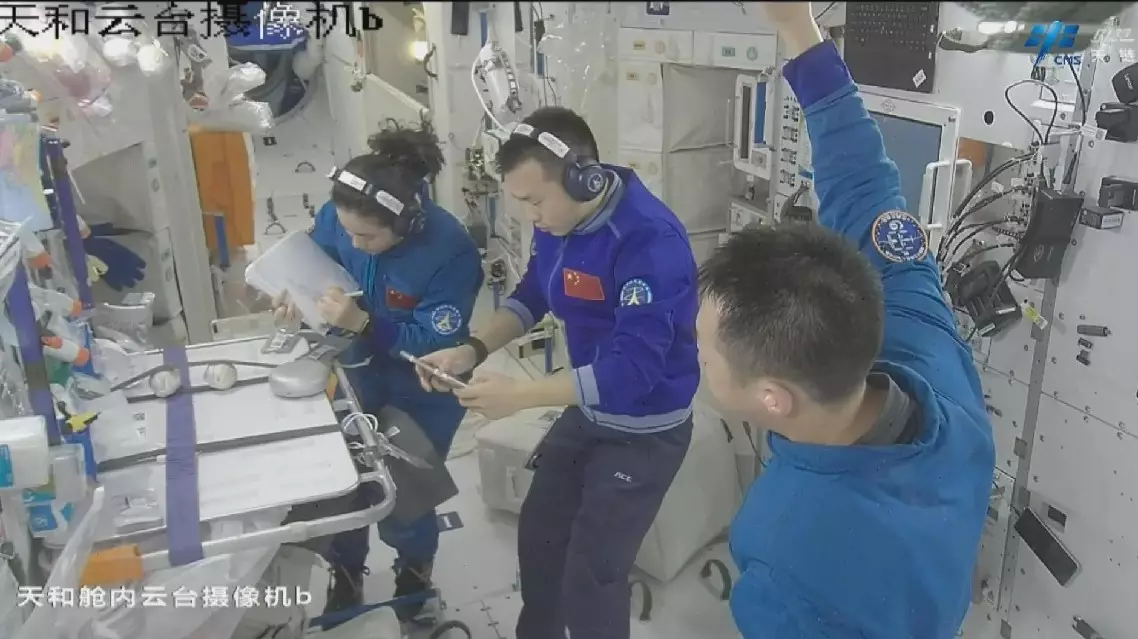
China's Shenzhou-19 crew in full swing conducting scientific experiments
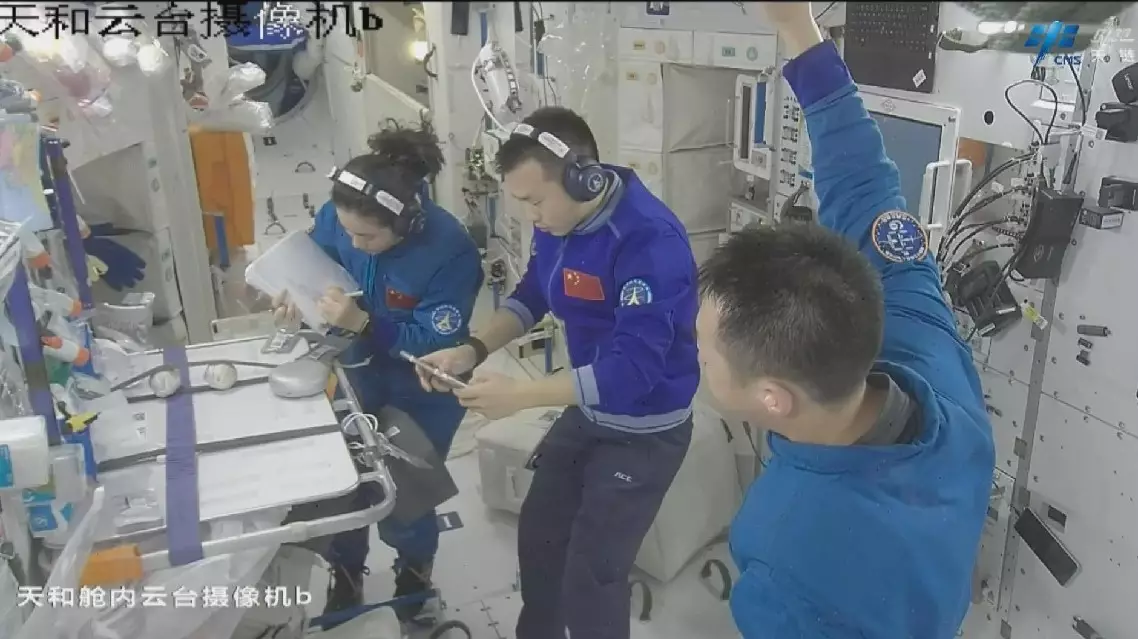
China's Shenzhou-19 crew in full swing conducting scientific experiments
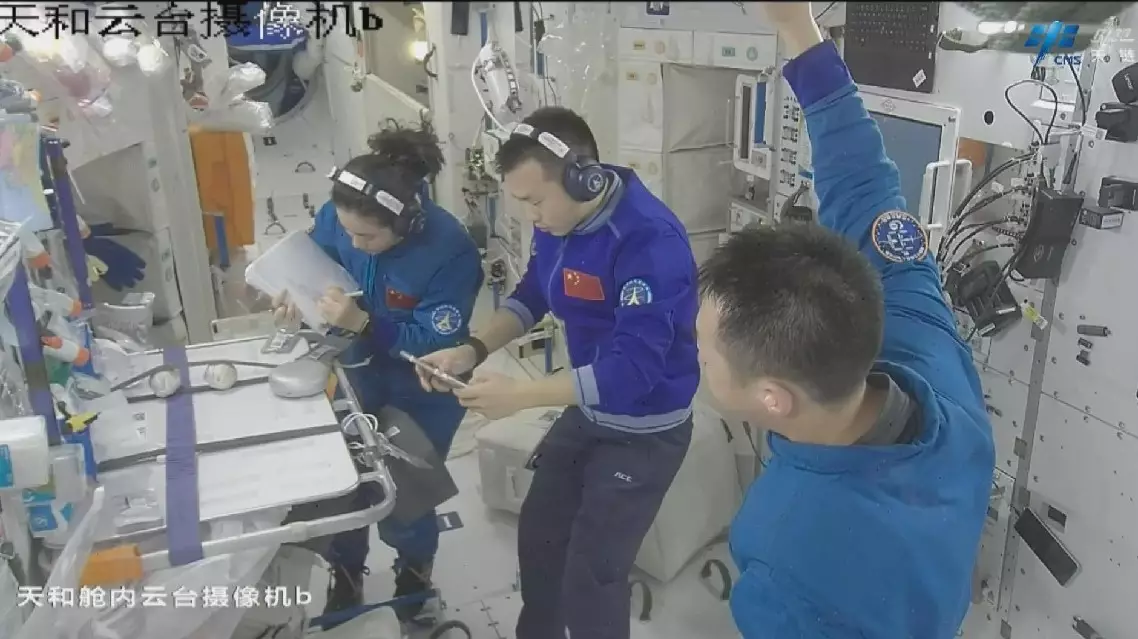
China's Shenzhou-19 crew in full swing conducting scientific experiments
China's Macao Special Administrate Region has provided uplifting healthcare service thanks to medical tie-up with the Chinese mainland with gushing injection of advanced medical expertise, exchange of punditry and absorption of cutting-edge facilities and equipment.
Three months since its official launch, the Macao Union Hospital stands as a testament to the deepening collaboration between the Chinese mainland and Macao in elevating healthcare services in the special administrative region.
Spanning 76,000 square meters and housing over 850 beds and 26 operating rooms, the Islands Healthcare Complex - Macao Medical Center of Peking Union Medical College Hospital is the largest in Macao. Since trial operations began in December last year, the facility has quickly expanded access to specialized medical services. With 25 outpatient clinics in operation now, it accommodates over 1,000 patient visits daily.
"I heard the doctors from Beijing are quite experienced, so I came here for a consultation. After the visit, I found them truly attentive. They asked detailed questions during the diagnosis," said Ou Yuai, a respiratory patient, in an interview with CGTN.
The hospital is managed jointly by the Macao Special Administrative Region government and the renowned Peking Union Medical College Hospital. This partnership has brought invaluable expertise to Macao.
"Currently, 54 specialists from Beijing are stationed here, including 33 doctors. We've devoted significant efforts to establish workflows, manage equipment procurement and instillation, and oversee the recruitment and training of medical staff," said Li Li, deputy director of the Macao Union Hospital.
A highlight of this collaboration is training programs for Macao's medical professionals. Gu Shaojun, an obstetrician and gynecologist, came on board in June after completing a year-long training session in Beijing.
"At Peking Union, I encountered diseases that are rarely seen in Macao. The entire diagnostic and treatment process really broadened my horizons," Gu said.
With state-of-the-art equipment, the hospital is designed to enhance Macao's ability to diagnose and treat complex illnesses. A notable example is the hospital's intelligent adaptive radiotherapy system, the first of its kind in Greater Bay Area. Using AI to quickly calculate and adjust treatment plans, it enables greater accuracy and reduces side effect.
"After creating the treatment plan, the doctor will decide whether it is suitable, and then quickly administer the treatment to the patient on the same day," said Shen Jie, an radiation oncologist.
By combining top-tier medical expertise with cutting-edge technology, the Macao Union Hospital is reshaping access to quality medical services for locals. It serves as a pioneering example of how cross-border partnerships can enhance healthcare standards and benefit residents.
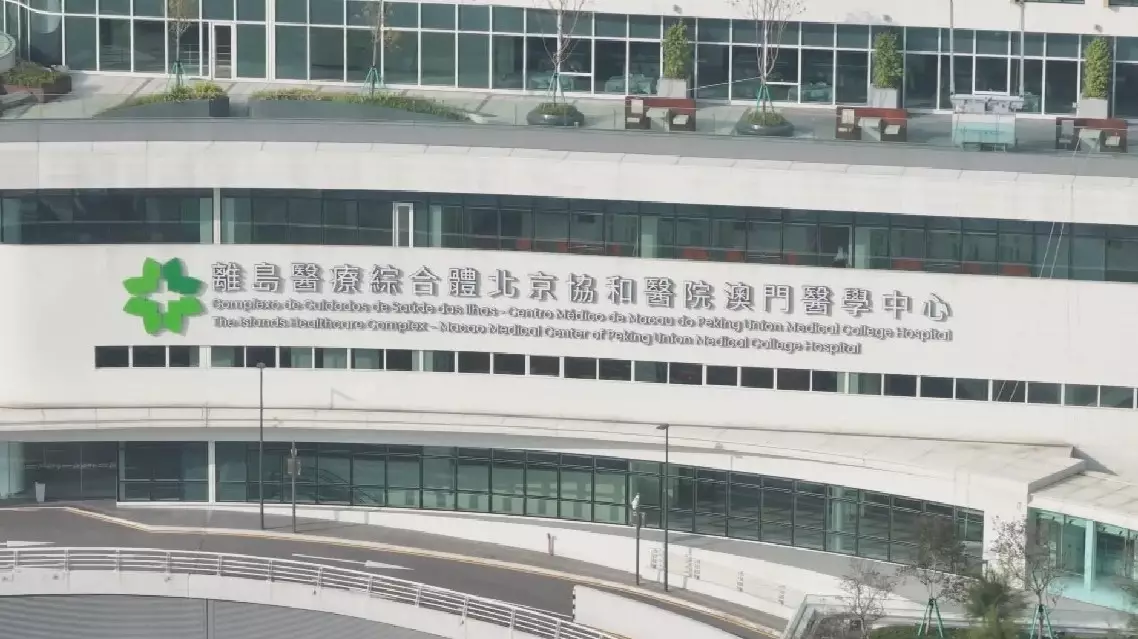
Macao sees uplifting healthcare service thanks to medical tie-up with mainland






